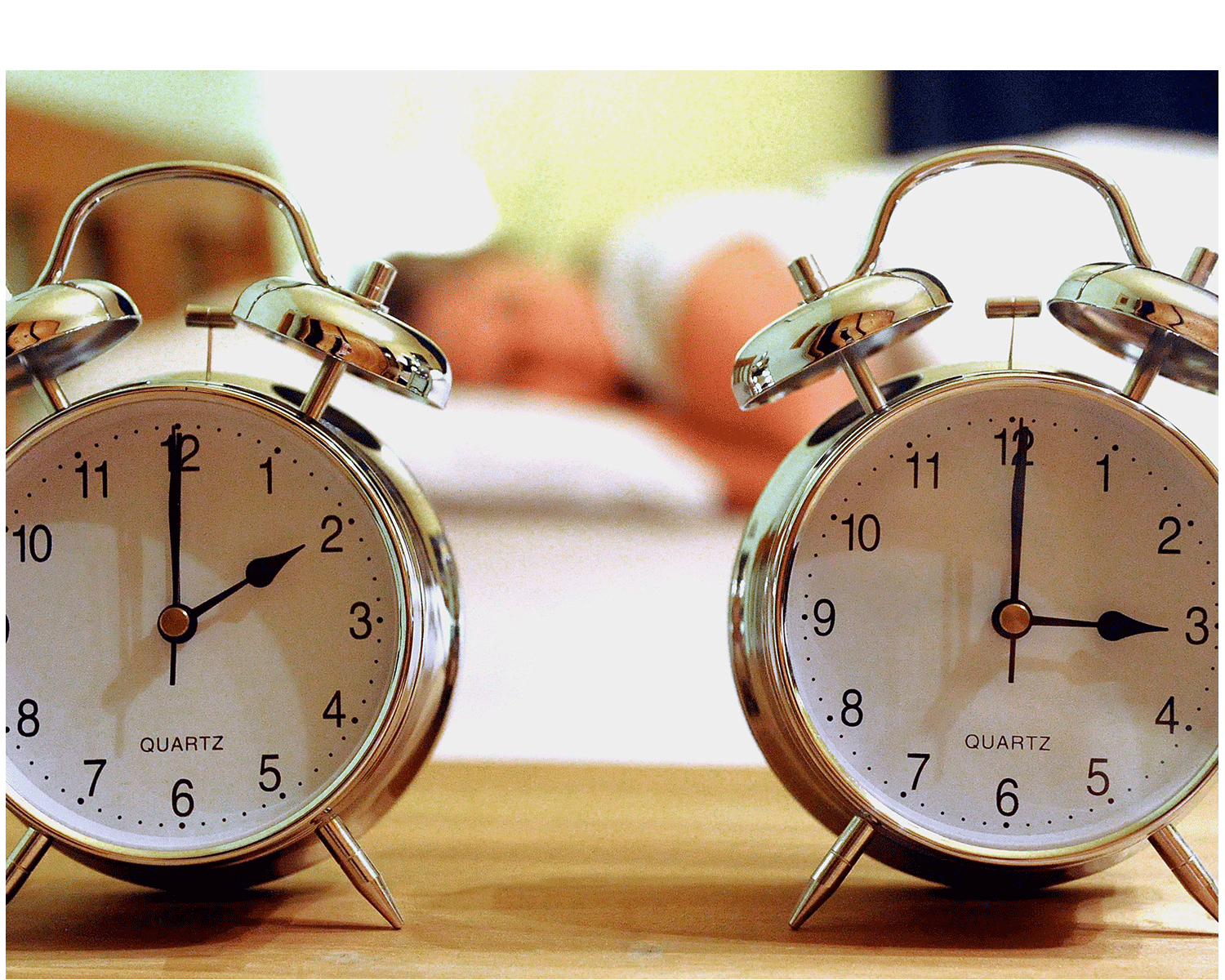EU set to stop countries turning clocks back and forwards for daylight saving
'The people want this, we will do this,' says Commission President Jean-Claude Juncker

Your support helps us to tell the story
From reproductive rights to climate change to Big Tech, The Independent is on the ground when the story is developing. Whether it's investigating the financials of Elon Musk's pro-Trump PAC or producing our latest documentary, 'The A Word', which shines a light on the American women fighting for reproductive rights, we know how important it is to parse out the facts from the messaging.
At such a critical moment in US history, we need reporters on the ground. Your donation allows us to keep sending journalists to speak to both sides of the story.
The Independent is trusted by Americans across the entire political spectrum. And unlike many other quality news outlets, we choose not to lock Americans out of our reporting and analysis with paywalls. We believe quality journalism should be available to everyone, paid for by those who can afford it.
Your support makes all the difference.Adjusting the clocks by an hour every spring and autumn could be put to end by the European Commission after survey found most European Union (EU) citizens were against it.
Commission President Jean-Claude Juncker said the continent-wide survey to which 4.6 million people responded, revealed 84 per cent of Europeans want to stop moving the clocks back and forward by an hour under daylight saving time.
Millions “think that in the future we should have summertime all year round”, he said. ”So that’s what will happen.”
He added: “The people want this, we will do this.”
The proposed change – which still needs approval from the 28 national governments and MEPs to become law – is set to be debated by commissioners.
EU law currently requires citizens in all 28 countries to move their clocks an hour forward on the last Sunday in March and switch back an hour on the last Sunday in October.
Daylight saving was first adopted during the First World War in the UK to give factories extra daylight to work in. It was introduced by European governments at the beginning of the 1980s to save on energy costs.
Advocates say the switch to give extra morning daylight in winter and evening light in summer can also help reduce traffic accidents.
But critics have claimed it can cause long-term health problems, especially among young children and elderly people and research has shown that the time change disrupts sleep schedules and can impact productivity at work.
Earlier this year Finland called for the EU to halt the decades old practice on health grounds.
The European Commission’s consultation paper said: “Findings suggest that the effect on the human biorhythm may be more severe than previously thought.”
One option proposed by the European Commission would be to allow individual member countries to decide whether to choose permanent summer time or winter time.
But commissioners have also warned that any uncoordinated changes could damage Europe’s economy.
Outside the EU, a handful of European countries have stopped switching between summer and winter time – including Russia, Turkey, Belarus and Iceland.
Join our commenting forum
Join thought-provoking conversations, follow other Independent readers and see their replies
Comments